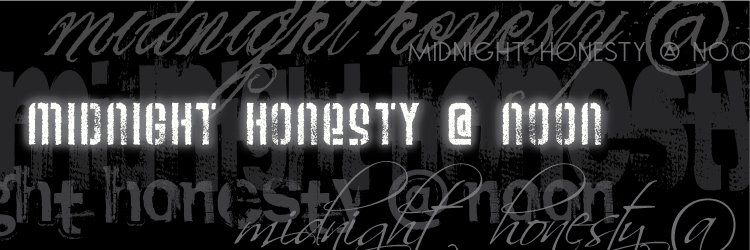Institutional Memory
Isaac Butler linked an old article from the Guardian today featuring an interview with David Lan the artistic director of the Young Vic. Mostly it's a run of the mill quick hit interview, and I'm going to steer clear of the writer/performer debate it raises for a moment.
Is there anything we're particularly good/bad at in this country? What do you think are the industry's real strengths and weaknesses, compared with theatre elsewhere?
We're fantastically good at acting and designing and production management. We're not very good at writing any more. We have some brilliant directors but no means by which directors can learn from each other. We're far more interested in European and Asian theatre than we used to be which is good. We're bad at continuity. We're always starting again with few lessons learnt.
It's not just your country Mr. Lan. Promise.
Theatre, and small theatre in particular, has no institutional memory. This is largely due to a combination of the localized nature of the form, and the fleeting nature of most organized companies, but a shame none the less.
Each new person on any given scene feels the need to begin their own company, each with their own particular blindness to the strengths and weaknesses of the given scene. They try to create a certain kind of product, often unaware of what has come before unaware of the proclivities of the theatre-going public in their area.
How do companies in open competition with one another for talent, space, and funds find a common ground to meet on? How can we share the knowledge each of us has gained in out journey to this point? Simply MEETING theatre professionals outside of your sphere isn't easy. Never mind being in contact often enough and intimately enough to create honest relationship on any level.
If I knew properly I'd write a book and sell it to you. But my best guesses are as follows:
- Attend each other's shows.
A gimme? Maybe. But it solves the myopia of the always producing theatre professional (what else is going on in town? Are you duplicating efforts in the same artistic space?) and it gives you the opening to create an artistic dialogue. Plus there are better than even odds that they will attend your show in return. - Festival Programmers and Planners can save us!
Theoretically.
The structure of the San Francisco Fringe offers lots of opportunity to meet, have discussions with, and hit on other artists over the course of the Festival. Frontera Fest here in Austin (in the last iteration) had no such opportunity.
Part of the problem is the availability of space and the location of that space. But a festival atmosphere is such a great, low-key way to meet other artists, often after having seen their work, that it seems a shame when those opportunities pass us by. - Established companies can save us?
This of course requires resources AND ego swallowing... but indulge me. If a company has succeeded for say (arbitrarily) a decade.. they have something to offer in the way of knowledge. Maybe all they have to offer is what works in this market at this time, but that's a pretty valuable maybe. If they reached out and offered assistantships and internships to folks they can pass on their brand of knowledge.
Would folks take the the positions? I don't know. Will theatre professionals have any idea how to pass that information on? I don't know. But we need the info in their heads. - BLOGS can save us!
A certain subset of the population anyway.
There is something wonderful about wading hip deep into an honest discussion of you field. If every community was chronicling it's exploits and being aggregated in the way the Theatre Forte does for the broader theatre blogosphere don't we all win?
Mark Jackson's chronicle of starting up the Art Street Theatre completely changed my way of thinking about theatre (I'm a text based human) and honestly it was pretty much a blog that had been edited and printed. How is Clurman's The Fervent Years any different than a true insider blog?
One Sentence Summary
Networking isn't just for the suits.
Homework
Where is my blind spot?
Why won't networking pass on the collective knowledge?







